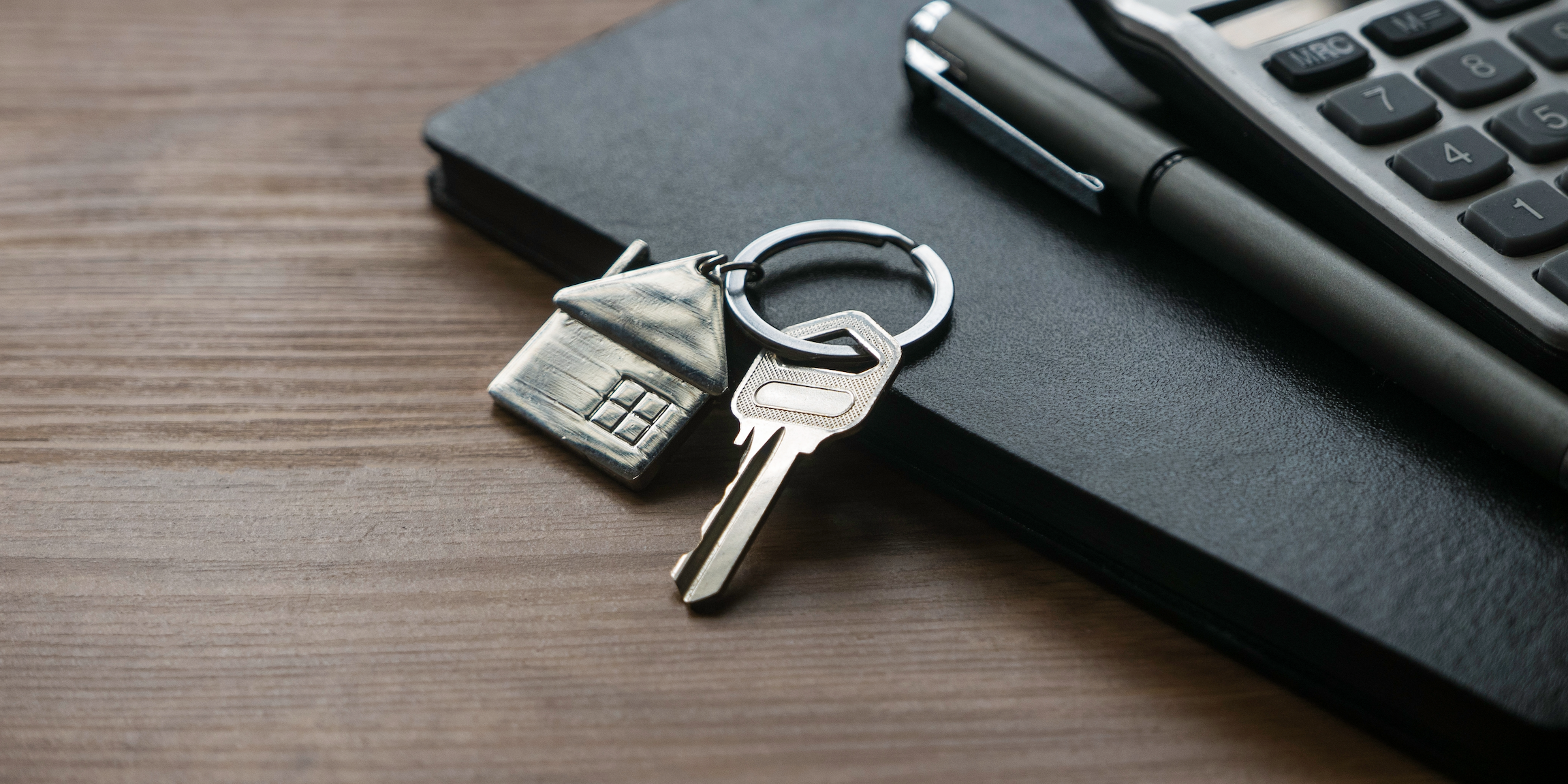With a constantly changing real estate market, deciding whether you want to rent or buy a home can be challenging.
This blog focuses on some things you should consider and what you need to know about the 2022 real estate market related to renting and buying a home.
Your financial situation determines whether you should rent or buy in 2022. For example, it might make sense to buy if you have substantial savings and could easily cover the down payment and closing costs. However, if you have minimal savings and struggle to make your rent payments, you’re not ready to become a homeowner.
You also need to consider if your financial situation qualifies you for a mortgage loan. Lenders are looking for financially stable borrowers based on their credit scores, employment histories, and debt-to-income ratios (DTI).
So if you have an excellent credit score above 740 that will earn you the most favorable interest rates, it might make sense to buy. On the other hand, if you have a low credit score or are trying to rebuild your credit score, it would be hard for you to secure a mortgage loan at a favorable rate.
The Pros and Cons of Buying a House in 2022
Pros
- Home prices are expected to keep on increasing. Even though the real estate market has slowed, home price increases and mortgage rates can range considerably. To avoid paying up to fifteen percent more for a home purchase in 2023, you may want to buy in 2022.
- Building equity: your monthly mortgage payments go toward your home equity. This equity can be used for essential things like starting a business, going back to school, or a home equity loan to finance home renovations.
- Owning a home gives you the option to make any changes to the house and property you want. You have the freedom to make your new home meet your needs.
- Potential homeowner tax benefits such as deductions from your mortgage interest rate payments, mortgage points payment, property taxes, and private mortgage insurance payments.
- The monthly payments you make on your home are stable and predictable. If you obtain a fixed rate mortgage loan, you can count on your monthly loan payments to remain the same. Your monthly payments on taxes and homeowners insurance can slightly change.
Cons
- There is a substantial initial investment that is required. Your closing costs and down payment can add up to thousands of dollars. However, down payment assistance programs are available for specific buyers and are worth investigating.
- There can be unexpected expenses in the form of maintenance for items such as replacing an air conditioning system, or repairing roof leaks, among many other examples. Having an emergency fund to cover unexpected costs is essential.
- Most people obtain a 30-year mortgage, making it harder to move quickly if you need to wait to sell your home first. You can lose money by moving too soon after buying the house.
- Over time, home values may decrease. It’s impossible to accurately predict the future, but there is a possibility that home values may fall in the future. While decreases are usually temporary, staying in your new home long-term offsets any of these transient decreases.
Pros and Cons of Renting a House in 2022
Pros
- The initial investment or down payment is smaller. Instead of a sizeable down payment and closing costs, you usually must pay a security deposit that is returned to you at the end of the lease and the first month’s rent. There can also be low application fees.
- Maintenance is not your responsibility. Being the renter, you are not responsible for home maintenance. The landlord is responsible for all repairs and paying for the repairs. You won’t have to worry about any additional expenses on top of your rent.
- Easier to move sooner because leases are short-term. Rather than waiting for several years to move, moving at the end of your short-term lease is an option.
Cons
- Equity is not built on the money you pay monthly for rent. It goes directly to the landlord, who is responsible for the home’s mortgage, insurance, and taxes, along with any repairs on the property. Truthfully, your rent money pays for the landlord’s mortgage while not building any equity for yourself.
- Rent increase potential—many leases are flexible, but there is the real possibility that the rent can increase each year. And rent increases have been exceptionally high lately and show no signs of decreasing any time soon. There is a real possibility of a substantial increase in your lease after one year.
- Making changes when renting a home is not an option. Changing the color of the paint on the walls or the carpeting is not an option. You are only a tenant and not the owner.
- The stability of your living situation is limited. The landlord can increase the rent and force you out or decide to sell the home. Essentially, as a renter, you are at the mercy of the landlord’s decisions for the home.
Final Thoughts on Buying or Renting in 2022
Your personal goals influence whether you should buy or rent in 2022.
Ask yourself the following questions:
- Is homeownership important to you?
- Do you want the ability to build equity in the property and make the changes you want?
- Is it important to you to be able to personalize a home based on your own taste and style?
- Or do you like moving around as you wish with no responsibility for maintenance and upkeep?
Homeownership is not for everyone, so it’s essential to consider what you want to do, especially concerning such an important and life-changing decision.
While homeownership may have its pros and cons, the pros tend to outweigh the cons in many circumstances. If you still need to decide if you’re ready for homeownership, feel free to reach out to the lending experts at Katie McNeill Team and have a conversation with Katie – (440-796-5506) – to get more information on whether you qualify, what you qualify for, and what you can expect in today’s tight home-buying market in northeast Ohio. We’re consummate real estate pros and we are ready to assist you in every way possible.







